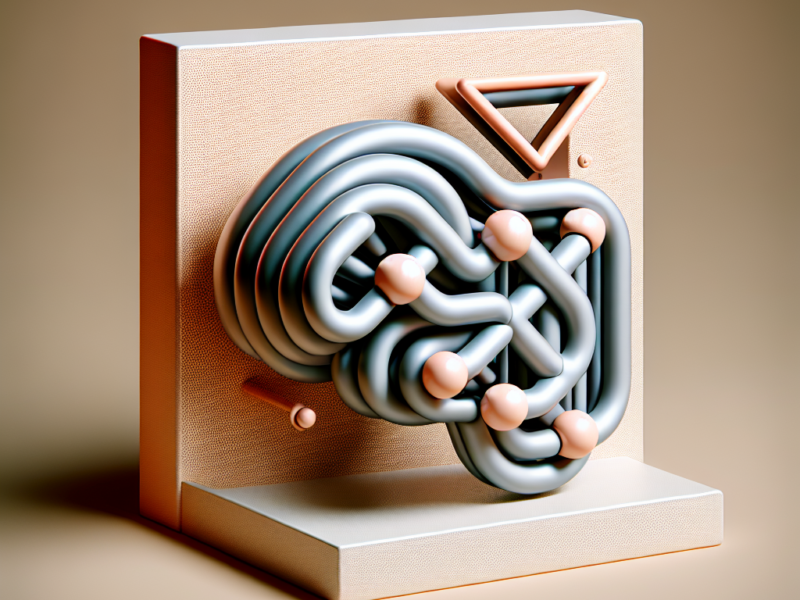Introduction
Quantum computing stands at the forefront of technological innovation, promising to solve problems deemed intractable for classical computers. While quantum theory has deep roots in physics, its practical application has spurred immense interdisciplinary interest—in particular, the convergence of artificial intelligence (AI) and quantum computing. This article explores how AI is revolutionizing the development of quantum algorithms, potentially reshaping the landscape of computation.
Understanding Quantum Computing
At its core, quantum computing utilizes the principles of quantum mechanics to process information in ways that traditional binary computers cannot. Unlike classical bits, which exist in states of 0 or 1, qubits can exist in superpositions of states, enabling quantum computers to perform complex calculations at unprecedented speeds. This unique capability allows quantum computers to tackle a variety of problems, including cryptography, complex simulations, and optimization tasks that lie beyond the scope of classical computing.
The Role of AI in Quantum Computing
1. Algorithm Design and Optimization
Designing efficient quantum algorithms is a complex challenge, often requiring advanced mathematical and computational insights. AI algorithms, especially those involving machine learning, can analyze vast datasets to identify patterns and optimize algorithms. Techniques such as reinforcement learning have shown promise in guiding the search for new quantum algorithms by simulating quantum processes or providing optimal parameter settings for quantum gates.
2. Error Correction
Quantum systems are notoriously sensitive to environmental noise and interference, leading to errors in computations. Quantum error correction codes (QECC) are essential for reliable quantum computing, and applying AI-based techniques has enhanced the design and implementation of these codes. AI systems can learn from error patterns and predict the optimal strategies for minimizing these errors, ultimately improving coherence time and circuit fidelity in quantum computers.
3. Quantum Circuit Compilation
Transforming high-level quantum algorithms into optimized quantum circuits is a significant hurdle. AI-driven approaches can automate and optimize this compilation process, reducing the complexity of quantum circuits while saving time and resources. By analyzing historical compilation data, machine learning techniques can develop heuristics for selecting the most efficient circuit configurations, addressing the balance between circuit depth and error rates.
4. Quantum Hardware Development
Hardware advancements play a crucial role in the growth of quantum computing capabilities. AI algorithms can assist in optimizing the design of quantum hardware components, analyzing performance metrics, and predicting hardware efficiency. Machine learning models can help engineers identify the best materials and configurations needed to improve qubit stability and scalability of quantum systems.
Bridging AI and Quantum Computing: A Symbiotic Relationship
The relationship between AI and quantum computing is inherently symbiotic. Advancements in quantum technology enhance AI capabilities, particularly in areas requiring high-dimensional data processing, such as natural language processing and image recognition. Conversely, AI can address some of the pressing challenges in quantum computing, accelerating algorithm development and enhancing operational reliability.
1. Quantum Machine Learning (QML)
Quantum machine learning (QML) is an exciting field that marries quantum computing with machine learning to solve classical problems more efficiently. QML algorithms exploit quantum parallelism to outperform their classical equivalents, enabling faster training times and improved predictive accuracy in various applications, from drug discovery to financial modeling.
2. Hybrid Quantum-Classical Systems
As researchers develop hybrid quantum-classical architectures, AI techniques will play a significant role in determining how best to allocate computation tasks between classical and quantum systems. This seamless integration holds the potential to leverage the strengths of both paradigms, achieving computational efficiencies that neither could realize alone.
Conclusion
The intersection of AI and quantum computing signals a transformative era in computational science. Through advancing algorithm design, optimizing hardware, and enhancing error correction, AI is set to unlock new potentials in quantum algorithms and applications. As researchers continue to explore this dynamic landscape, we may soon witness breakthroughs that reshape industries, accelerate scientific discovery, and unlock previously impossible computational capabilities. The fusion of these two revolutionary fields is not just enhancing technology; it is redefining the very fabric of what computation can achieve.











